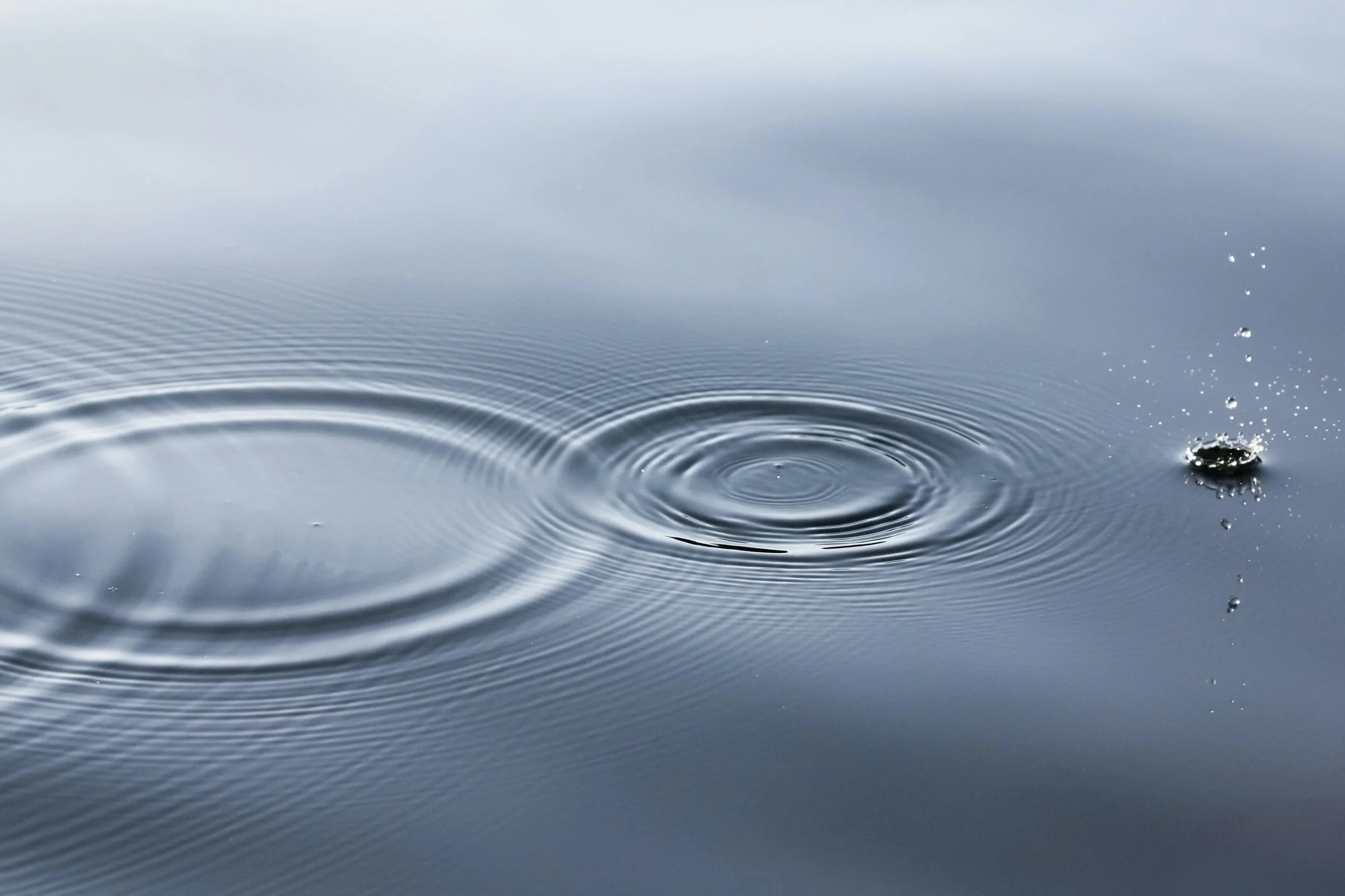Indigenous people in Manitoba are highlighting the significant role clean water plays in society today — practically and culturally — in honour of World Water Day. The United Nations declared March 22 as World Water Day since 1993. It's a day to focus on the importance of fresh water, and advocating for sustainable development and bringing clean drinking water to more people.
Canada Is Trying Again to Provide Safe Drinking Water to Indigenous Communities
Canada may not be on track to achieve its self-imposed goal of ensuring access to clean water to all Indigenous communities by the end of this month, but the government says the issue sits among its top priorities. At a news conference in Ottawa on Monday, Indigenous Services Minister Marc Miller unveiled a new strategy designed to lift all remaining boil water advisories across the country.
Federal government vows again to end boil water advisories but offers no new target date
Indigenous Services Minister Marc Miller today recommitted the federal government to its goal of lifting all long-term drinking water advisories on First Nations reserves — but didn't offer a timeline for completing the work. With 58 active advisories remaining in 38 communities, the Liberals will miss a self-imposed deadline this month for lifting all long-term advisories. Miller said today that ensuring access to clean tap water for all First Nations communities remains a top government priority.
AG says Canada is still failing to provide clean drinking water for all First Nations
While the federal Liberal government vowed in its 2015 election campaign to end water advisories in Indigenous communities by the end of March 2021, a recent report from the auditor general says they haven’t taken action to make this happen. Auditor General Karen Hogan says 100 water advisories have been lifted since the Liberals came to power, but 60 remain across 41 communities.
Sweet water
‘Water sustains us, flows between us, within us, and replenishes us. Water is the giver of all life, and, without clean water, all life will perish.’—Assembly of First Nations “No human being, no animal or plant, can live without its water,” says Dawn Martin-Hill, co-founder of the Indigenous Studies program at Hamilton’s McMaster University. For centuries, the Unist’ot’en people have called Wet’suwet’en territory in British Columbia home. Their way of life is such that they can drink straight from the pristine Morice River (Wedzin Kwah) that flows through their land. Last year, construction began on the Coastal Gaslink Pipeline, posing a direct threat to the Morice. “We call it sweet water,” said Martin-Hill. “We had that everywhere. We had it here in Ontario.” “You know it when you’re drinking it. I’d rather have sweet water over running water.”
Ontario should stop playing 'jurisdictional ping pong' with First Nations' water crisis, says NDP MPP
The NDP MPP for the region with the longest-running boil water advisories of any First Nations in Canada is demanding the Ontario government become part of the solution. Sol Mamakwa, who represents the riding of Kiiwetinoong in northwestern Ontario, said the provincial government could do more to help alleviate the suffering of communities on long-term drinking water advisories.
Members of Neskantaga come home today to boil water advisory
Another factor in the chief's decision is the fact that the plant still isn't running at capacity. It's designed to produce 3.8 litres of water per second for each of its two treatment lines, but the most it can produce now is less than three litres, according to project progress reports obtained by CBC News. "The amount would still meet the [community's] need," said Lalita Bharadwaj, a professor at the School of Public Health at the University of Saskatchewan who studies access to safe drinking water in First Nations. "But it raises concerns about the sustainability of the system, and operations and management of the system." Bharadwaj said there should be four operators working at the plant — two who are certified and two others from the local community who can receive training, which she said could take years.
Ottawa replaces federal bureaucrat working with Neskantaga First Nation during state of emergency
At the community's request, Indigenous Services Canada has replaced the top federal bureaucrat working with Neskantaga First Nation during its current state of emergency. Assistant deputy minister Joanne Wilkinson has taken over from Ontario regional director general Anne Scotton as the liaison between department officials and Neskantaga — a fly-in community about 450 km north of Thunder Bay, Ont., that has been under a boil-water advisory for 25 years.
Indigenous services minister overrules senior bureaucrat on Neskantaga water probe
Indigenous Services Minister Marc Miller has overruled a senior departmental official over the framing of an investigation into Neskantaga First Nation's 25-year-long water crisis, CBC News has learned. Anne Scotton, the department's Ontario regional director general, informed Neskantaga Chief Chris Moonias on Thursday afternoon by email that the terms of reference for the investigation would be finalized soon, and that a consultant had been chosen to manage the third-party probe. There was a line in the attached document for the chief's signature.











